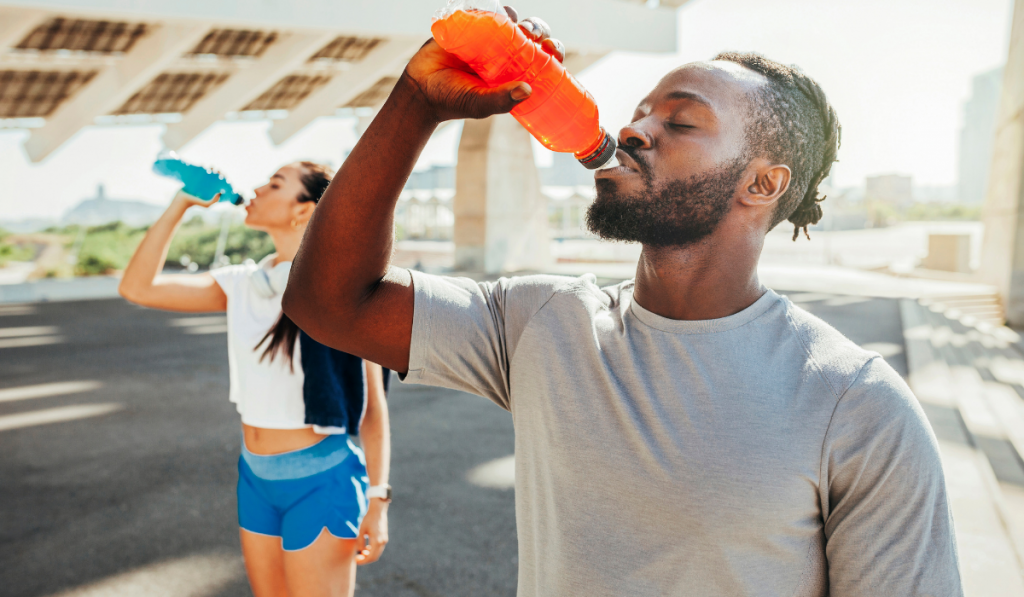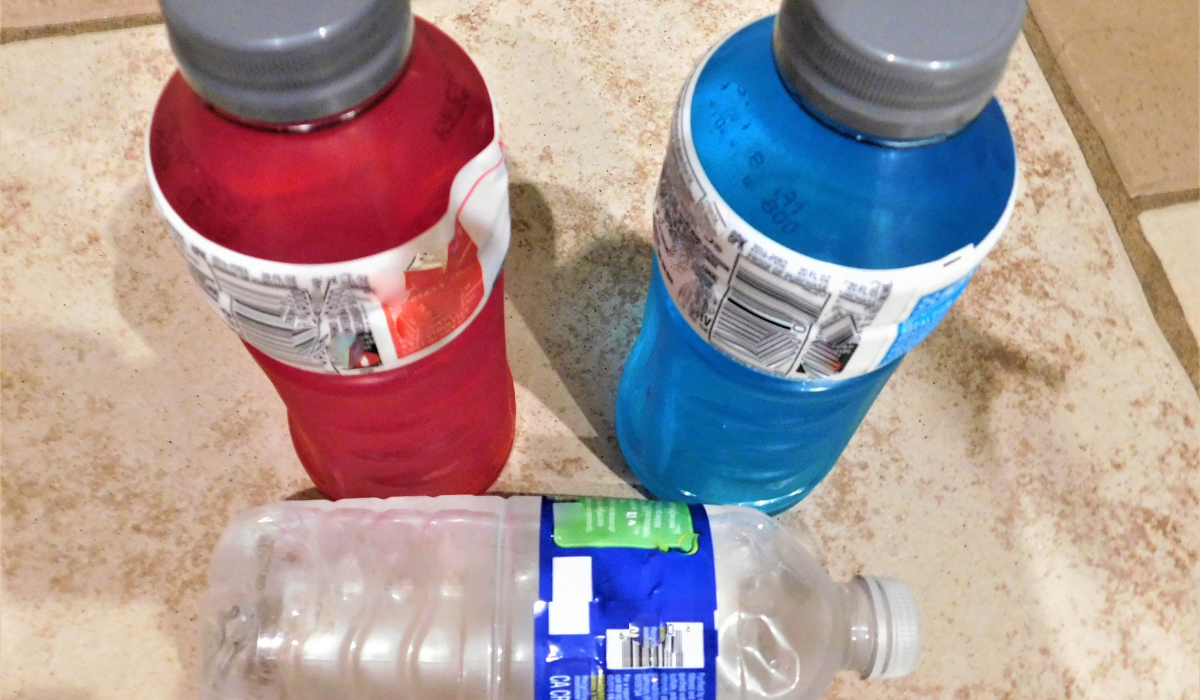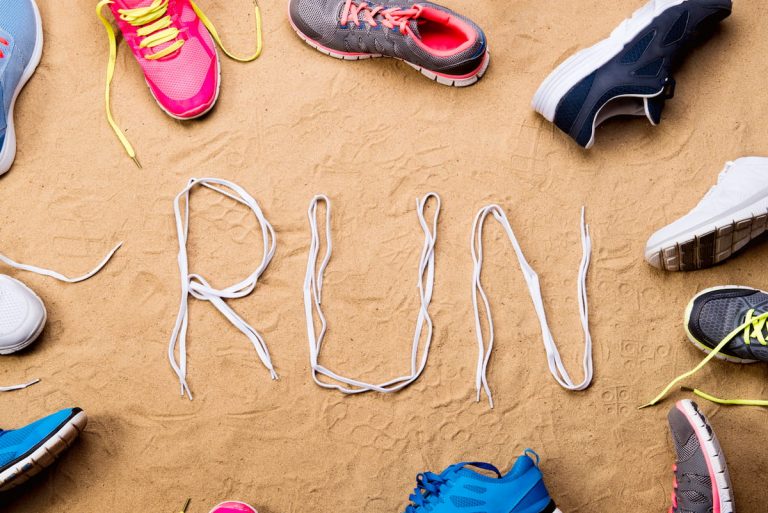Take Electrolytes Before or After Running: Which Is Better?
There is always a lot of talk about taking electrolytes before or after running. Of course, electrolytes are vital to your physical health as a runner, especially if you sweat a lot.
But when is the better time to take them: before running? Or after running? Let’s find out.
Whether you should take electrolytes before or after running depends on how easily you sweat and the intensity of your exercise.
If you sweat heavily, even with mild exercise routines, taking electrolytes before running is recommended. Also, if your workout is high-intensity and extends for prolonged periods, taking electrolytes before running is advisable.

However, other factors come into play. Under certain conditions, opting for both options might even be better.
Below, we give a more detailed account of the best time to take electrolytes.
Take Electrolytes Before or After Running: Which Is Better?
Depending on how much sweat and salt your body effuses during workouts and how intense your workout session is, you could take electrolytes before, during, or after running. Any of these options could be best for you.
Taking Electrolytes Before Running Is Better When…
You should take electrolytes before running if you sweat profusely (if you sweat heavily even after mild exertion). Doing this will prepare your body for the fluid loss you are about to put your body through.
Similarly, if you lose a lot of salt when you sweat, you should take electrolytes before running. This will prepare your body for the electrolyte loss to come.
One way to know if you lose a lot of salt when you sweat is by assessing your skin and clothing after workouts.
If you see crusty white residue on your clothes or skin, you can tell you have lost a lot of salt.

Also, if you run when the weather is hot, you should take electrolytes before running.
At elevated temperatures, you are more likely to sweat heavily. So, preloading your body with electrolytes will keep your body prepared.
When taking electrolytes before running, you should take them at least 1 hour before your workout. This way, the fluid will have gotten to the vital areas of your body before you start running.
Taking Electrolytes While Running Is Better When…
If you run for an extended period – say 1 hour or more – you can take electrolytes while running. You could drink 150 milliliters (5 fluid ounces) every 30 minutes while running or whatever works for you.
If you drink while running, the most important thing is to avoid drinking too much. If you do, you might end up feeling sick. So, just take a few sips at a time.
Taking Electrolytes After Running Is Better When…
Drinking electrolytes after running is always a good idea. You get to replace any electrolytes and water you may have lost while running.
If you didn’t lose a lot of salt, you could just drink some water after running to rehydrate.
But if you sweated a lot of salt, drinking electrolytes after running is perfect. Also, if your workout was high-intensity or went on for a long time, taking electrolytes is ideal.
The Essential Electrolytes You Need
The following electrolytes are vital to your physiological functions:
- Sodium
- Potassium
- Magnesium
- Calcium

Sodium
Sodium is vital to your body’s fluid balance, and too much or too little can cause problems. Sodium is also vital to nerve and muscle function. Hence, its importance.
But the good news is most people already get enough of it in their diet.
So, they only need minimal amounts of sodium in their electrolyte supplements. This is especially true for people who eat a typical Western diet.
On average, runners lose around 1,000 to 2,500 milligrams of sodium per hour. So, you can work with this estimate to calculate how much sodium you should have in your water or sports drink.
Of course, if you sweat a lot, you may want to estimate that your sodium loss per hour is closer to the upper limit of 2,500 milligrams.
Potassium
Potassium works alongside sodium to maintain the balance of your body’s fluid system. It also plays a vital role in nerve and muscle signaling.
Potassium deficiency is rare because the body does not lose too much potassium under normal circumstances – even if your workout is super intense.
This holds true because most of the body’s potassium remains inside cells.
Nonetheless, if you have diarrhea or vomit heavily, you may lose significant amounts of potassium. Some other diseases may also cause potassium depletion.
Around 98% of Americans do not get enough potassium in their diet. But in the absence of diarrhea, vomiting, or a disease, this insufficiency is unlikely to cause any real imbalance.
If you want to ramp up your potassium intake through your diet, add bananas, leafy greens, oranges, and sweet potatoes to your meal plan.
Magnesium
Magnesium is vital to various metabolic processes in the body. It facilitates protein production, boosts energy, and promotes enzymatic activity. Magnesium also plays some roles in muscle contraction and relaxation.
Although over 60% of Americans do not get enough magnesium in their diet, magnesium deficiency is pretty rare.
A magnesium deficiency can cause muscle weakness and drowsiness in mild cases. But in severe cases, it may cause numbness and hallucinations.
You can ramp up your magnesium intake by eating dark leafy greens, avocados, bananas, and nuts.
Calcium
Like the others, calcium plays a vital role in nerve and muscle signaling. But beyond that, it is also critical for cardiovascular function.
Ordinarily, if you get enough calcium in your diet, you won’t need substantial supplementation. In fact, consuming excess amounts of calcium can be problematic.
Food items like dairy products, nuts, dark leafy greens, and seeds offer ample calcium. So, if you have enough of these in your diet, do not take too many calcium electrolytes.
Vitamin D promotes calcium absorption. So, as you consume calcium, get some vitamin D alongside.

Symptoms of Dehydration
Many people think that they should only rehydrate when they feel thirsty. But this is not true.
There are many symptoms of dehydration besides thirst, and they include:
- Dry mouth
- Headaches
- Dizziness
- Low urine output
- Yellow or amber-colored urine
- Tiredness
The symptoms above are signs of mild dehydration. When dehydration is severe, the signs and symptoms include:
- Shock
- Reduced skin elasticity
- Hypotension
- Lethargy
- Fever
- Rapid heart rate
- Sunken eyes
- Confusion
- Seizures
- Coma

Summary
Ordinarily, taking electrolytes before and after running is OK. By doing it before running, you prepare for electrolyte loss. Then by taking electrolytes after running, you replenish all that you lost while running.
However, if you sweat heavily or lose a lot of salt, taking electrolytes before running is vital for you.
The same applies if your workout is intense or prolonged. By preloading your body with fluids and electrolytes, you mitigate any adverse effects you may feel from heavy fluid and electrolyte loss while running.
Resources
- https://totalhydration.com/blogs/blog/electrolytes-before-or-after-workout
- https://bindinutrition.com.au/why-electrolytes-are-important-before-and-after-exercise
- https://nutritionfacts.org/2013/05/23/98-of-american-diets-potassium-deficient/
- https://www.active.com/nutrition/articles/runners-electrolytes-and-when-to-replace-them







